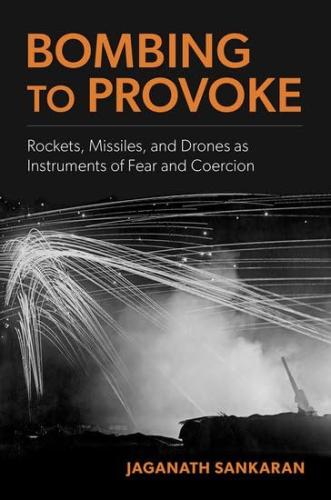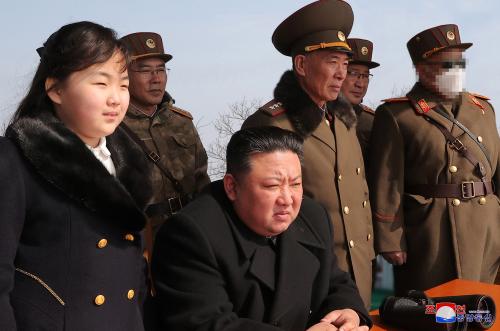The upcoming round of six-party talks in September will be the last chance before the U.S. elections to test whether diplomacy can roll back North Korea’s nuclear programs. Few expect them to succeed. Meanwhile, North Korea is moving steadily toward a full-fledged nuclear arsenal, including long-range ballistic missiles.
The Bush administration has chosen diplomacy, but the administration dithered for so long that its partners in the talks—China, Russia, Japan and South Korea—began to take matters into their own hands. Faced with losing control, in June the administration finally started talking specifics. That didn’t break the logjam, but it was a step in the right direction.
The six-party talks shouldn’t be written off and a modest amount of hope is even justified. If the statements of the parties are taken at face value, there is some convergence on long-term goals: A Korean Peninsula that is permanently free of nuclear weapons; a peace system that replaces the 1953 armistice agreement; normal diplomatic relations between all the six parties, including the United States and North Korea; an intention not to use force in their mutual relations; elimination of all barriers to trade to facilitate the economic development of North Korea; establishment of a permanent regional security mechanism.
Several difficult obstacles will have to be overcome to begin making progress toward these goals. Negotiating an elaborate treaty would take time. Yet in this nuclear crisis, time is not on anyone’s side.
A better approach than seeking a formal treaty at the outset would be to agree at the next round of six-party talks on a statement of common goals and to adopt the model the Bush administration relied on to eliminate Libya’s nuclear programs. The administration has favorably cited this model as a basis for making diplomatic progress in North Korea.
The essence of the Libya model is to proceed through “reciprocal unilateral measures”—independent actions taken by parties to the negotiations to reach their shared objectives. A formal treaty is not a requirement. This process leaves to each participant some discretion in what it actually does. It is the model the Bush administration preferred in the case of Russia, as well as Libya.
The flexibility of this method is both its strength and its weakness. It can be a process for building confidence and, conversely, it can be a dead end. It can cut through years of enmity and suspicion that may be preventing the parties from reaching a conventional written agreement. Unless the process of taking reciprocal unilateral measures gathers momentum, however, the parties may never reach an ultimate settlement. At a time when North Korea presents a real nuclear threat and the six-party talks are faltering, this diplomatic process ought to be given a chance.
What reciprocal unilateral measures might be involved? The discussions in the six-party talks suggest the following steps, over time:
North Korea would: 1) dismantle all its nuclear facilities and place constraints on its missile programs, agreeing to monitoring measures; 2) acknowledge and end all technical programs that could be used to enrich uranium; 3) withdraw troops from the Demilitarized Zone and reduce its forces.
The United States would: 1) reduce its deployment of troops on the Korean Peninsula, as it is now doing; 2) provide security assurances; 3) eliminate remaining trade barriers; 4) normalize diplomatic relations with North Korea; 5) provide energy and economic aid.
South Korea would: 1) implement the economic assistance it has promised to North Korea for ending its nuclear programs; 2) initiate confidence-building measures to lower tensions on the peninsula.
Japan would: 1) provide North Korea with promised reparations; 2) take actions to foster economic development in North Korea.
China and Russia could undertake additional measures in response to North Korea’s decision to dismantle its nuclear facilities.
North Korea’s nuclear programs are more advanced than Libya’s and piecemeal dismantlement may be the only practical way to proceed.
If a denuclearized Korean Peninsula is truly accepted as a common strategic objective, Kim Jong Il should be able to begin the process by taking some significant action, while reciprocal unilateral actions by other participants would keep the ball rolling toward achievement of the goal. By forming a permanent oversight group at the earliest possible date, the parties would maintain pressure and help build momentum for the negotiations.



Commentary
Op-edThe ‘Libya Model’ Could Help Disarm North Korea
September 3, 2004